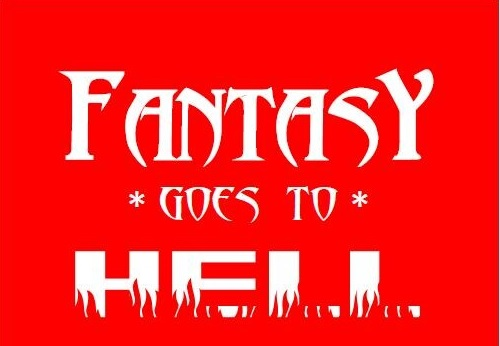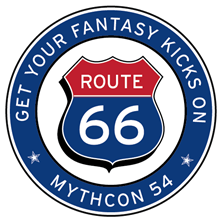Loading...
Event Website
https://www.mythsoc.org/oms/oms-2023.htm
Start Date
8-5-2023 4:00 PM
End Date
8-5-2023 4:50 PM
Description
Adapting Greek mythology provides a framework to reapproach classic works through a contemporary lens to better understand the present. Of particular interest is the depiction of characters traveling to Hell in search of a better future. Looking at two myth-inspired musicals—The Frogs by Stephen Sondheim and Burt Shevelove and Hadestown by Anaïs Michell—we see two disparate journeys to the Underworld given contemporary relevance. The Frogs (1974) depicts Dionysus’ journey to Hades to bring back a poet (originally Euripides, now George Bernard Shaw). However, it was not until the 2004 Broadway adaptation that overtly anti-authoritarian messages were added, aimed at the Bush administration. Hadestown, first conceived as a 2010 concept album, retells Orpheus’ descent to the Underworld to rescue Euridice. As a “folk opera”, the story becomes a commentary on economic disparity and exploitation: the central couple’s poverty justifies Euridice’s attraction to the industrial productivity of Hell; as a full Broadway musical production, their dilemma is given a counterpoint in the decaying marriage of Hades and Persephone, which itself is reflected in ongoing climate change. The adaptation and evolution of both works reveal how the message of each has been altered through various versions to keep reflecting the culture of the time. While the former is a comedy and the latter a tragedy, both arrive at the same message of endorsing political change and heralding endurance in the face of personal unrest: anyone can find themselves in Hell; it is what happens afterward that is ultimately important.
Creative Commons License

This work is licensed under a Creative Commons Attribution-NonCommercial-No Derivative Works 4.0 International License.
Included in
Children's and Young Adult Literature Commons, Comparative Literature Commons, Digital Humanities Commons, European Languages and Societies Commons, Literature in English, Anglophone outside British Isles and North America Commons, Literature in English, British Isles Commons, Literature in English, North America, Ethnic and Cultural Minority Commons, Medieval Studies Commons, Modern Languages Commons, Modern Literature Commons, Other English Language and Literature Commons
The Road to Hell: Rebirth and Relevance in Musical Adaptations of Katabatic Myth
Adapting Greek mythology provides a framework to reapproach classic works through a contemporary lens to better understand the present. Of particular interest is the depiction of characters traveling to Hell in search of a better future. Looking at two myth-inspired musicals—The Frogs by Stephen Sondheim and Burt Shevelove and Hadestown by Anaïs Michell—we see two disparate journeys to the Underworld given contemporary relevance. The Frogs (1974) depicts Dionysus’ journey to Hades to bring back a poet (originally Euripides, now George Bernard Shaw). However, it was not until the 2004 Broadway adaptation that overtly anti-authoritarian messages were added, aimed at the Bush administration. Hadestown, first conceived as a 2010 concept album, retells Orpheus’ descent to the Underworld to rescue Euridice. As a “folk opera”, the story becomes a commentary on economic disparity and exploitation: the central couple’s poverty justifies Euridice’s attraction to the industrial productivity of Hell; as a full Broadway musical production, their dilemma is given a counterpoint in the decaying marriage of Hades and Persephone, which itself is reflected in ongoing climate change. The adaptation and evolution of both works reveal how the message of each has been altered through various versions to keep reflecting the culture of the time. While the former is a comedy and the latter a tragedy, both arrive at the same message of endorsing political change and heralding endurance in the face of personal unrest: anyone can find themselves in Hell; it is what happens afterward that is ultimately important.



Comments
SESSION V
4:00 PM -4:50 Eastern
3:00 PM -3:50 Central
2:00 PM -2:50 Mountain
1:00 PM -1:50 Pacific
8:00 PM – 8:50 GMT